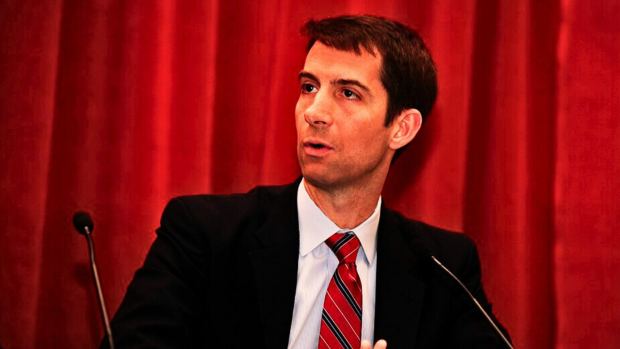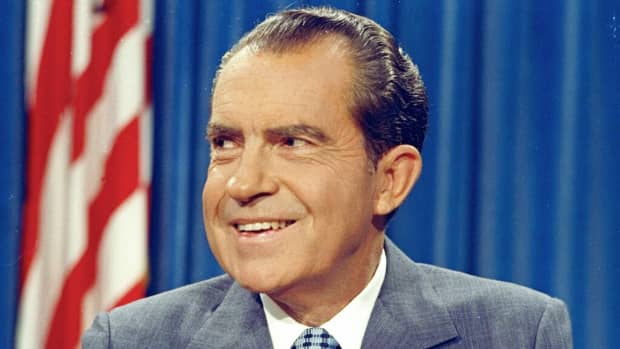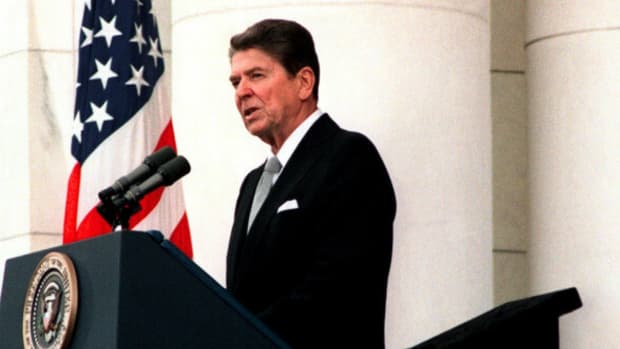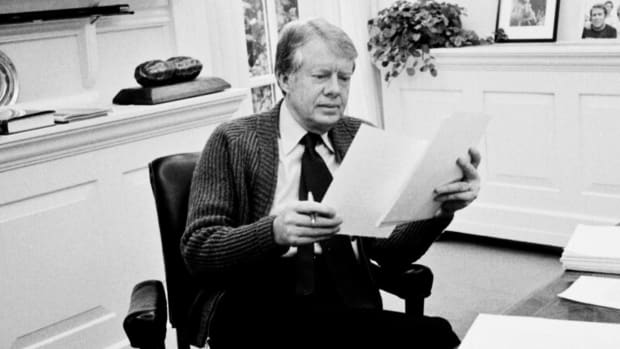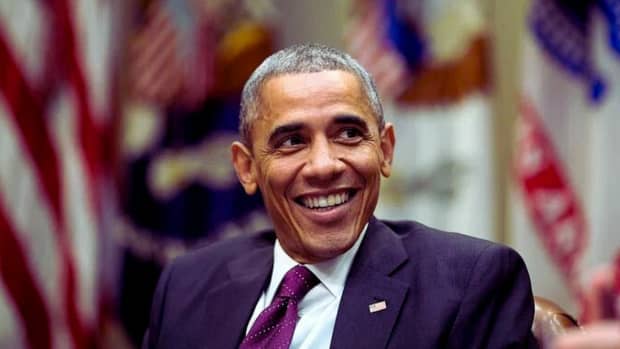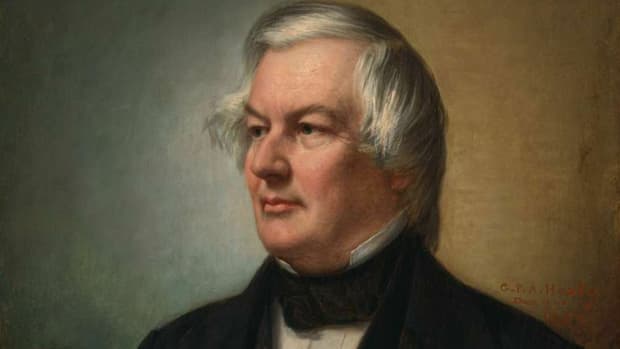Gerald R. Ford, 38th President: The Only President Never Elected
Early Years
Gerald Rudolph Ford, the 38th United States President, was the first vice president to gain office and was elected to become neither vice president nor president. Richard Nixon chose him as Vice-President after Spiro Agnew, his original VP, resigned. With the approval of both the House and Senate, Ford replaced Agnew. He then became the 38th U.S. president when Nixon resigned. He was well-liked due to his friendly, open, honest nature.
In 1913, Gerald was born in Omaha, Nebraska. His mother initially named him after his birth father, Leslie Lynch King. After his birth, his father and mother divorced, and his mother moved and raised him in Grand Rapids, Michigan, where a museum is still named after him. His mother remarried, this time to a man named Gerald Rudolph Ford. Although he never officially adopted Gerald Rudolph Ford Jr., they changed his name socially. Then, in 1935, Ford legally changed his name to match the man who had raised him.
He starred on the football team at the University of Michigan, where he earned the MVP award for his team. Later, Gerald attended Yale University Law School, where he worked as an assistant coach and earned his law degree.
Military and Political Career
Although he was working as a lawyer when WWII began, he decided to join the Navy. He served four years in the South Pacific as a lieutenant commander. After the war, he returned to his hometown of Grand Rapids. He practiced law, where he decided to enter politics as a Republican.
In 1948, he married Elizabeth Bloomer. They had four children together: Michael, John, Steven, and Susan.
Later in that same year, he was elected to Congress. He was re-elected twelve times, serving a total of 25 years. From 1965 to 1973, he was the House Minority Leader, earning a reputation for high integrity and openness.
Having such a great relationship with Congress, Congress quickly approved him as Nixon's Vice-President. He became the first Vice President to be selected under the terms of the Twenty-fifth Amendment. Shortly after JFK's assassination, the Twenty-fifth Amendment stated if the President becomes unable to do their job, the Vice President becomes the President.
Twenty-Fifth Amendment Enacted a Second Time
Soon after that, Nixon resigned, making Gerald R. Ford the first American President to succeed another due to a resignation. Ford took this duty very seriously and declared on August 9, 1974, "I assume the Presidency under extraordinary circumstances...This hour of history troubles our minds and hurts our hearts."
The Twenty-Fifth Amendment was enacted for a second time when Ford nominated New York Governor Nelson Rockefeller as Vice-President. Congress accepted him. He gradually selected cabinet members of his own throughout his term, replacing empty spots due to the Watergate Scandal.
After Nixon resigned, many were very hopeful for Ford's Presidency. However, he quickly drew criticism from many when he decided to give Nixon a "full, complete, and absolute pardon" for his crimes.
Recommended
Problems continued as the country became short on fuel, inflation occurred, and unemployment grew, hurting his popularity. Ford tried to curb Government spending and intervention in societal and economic problems. He believed this would help economic conditions in the long run; therefore, he opted to reduce taxes on businesses to operate more freely. He also wanted to ease regulatory agencies' controls on businesses.
His conservative economic views stated, "We...declared our independence 200 years ago, and we are not about to lose it now to paper shufflers and computers." Unfortunately, people were looking for short answers, especially the Democratic Congress, which heavily opposed his plans, and the results did not come quickly.
Inflation and Winning the Republican Nomination
He also felt that inflation needed to be tackled. When the recession worsened, he focused more on stimulating the economy while attacking inflation by vetoing many non-military bills that would have furthered the budgetary deficit. He ended up vetoing 39 measures in 14 months. Most of these were sustained.
Since the Vietnam War had ended, he wanted to ensure that a new war would not break out. He had provided aid to both Israel and Egypt while insisting that they both accept an interim truce agreement, which they agreed to. Ford also met with Soviet leader Leonid I. Brezhnev and set a new limitation upon nuclear weapons- work that Nixon had started previously.
Then, in 1976, when reelection time occurred, he won the Republican nomination. He ran against Jimmy Carter, the Georgian Democratic candidate. In a close election, he eventually lost. The new President did not overlook all that Ford had taken on as President. During Carter's inaugural speech, he declared, "For myself and our Nation, I want to thank my predecessor for all he has done to heal our land."
Ford had an excellent reputation throughout the rest of his life. He died in his home in California in 2006, the day after Christmas.
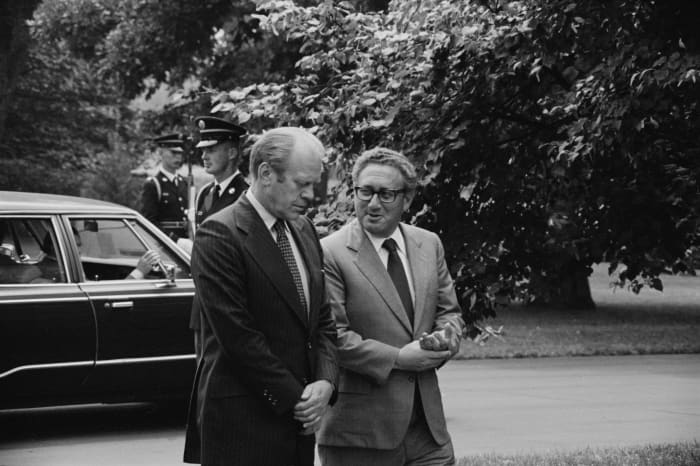
President Gerald Ford and Secretary of State Henry Kissinger, conversing on the grounds of the White House in Washington, D.C.
By Thomas J. O'Halloran, photographer [Public domain], via Wikimedia Commons
Fun Facts
- He was not born Gerald R. Ford; he was born Leslie Lynch King Jr. When his parents divorced, his mother took him and moved to Grand Rapids, Michigan. She married a man named Gerald Rudolph Ford. Although they did not legally change his name until 1935, they called him Gerald Rudolph Ford Jr.
- He was voted the most valuable player for the University of Michigan's football team and could have gone on the NFL to be on the Detroit Lions or the Green Bay Packers. He turned them down to be a coach for Yale's football team.
- He was elected neither to become president nor vice president. Since Nixon appointed him as Vice President after Nixon's original Vice-President had resigned due to being caught with Tax Evasion, he was appointed President after Nixon resigned himself.
- There were two different assassination attempts on his life in 1975, both while in California, both by women. Lynette "Squeaky" Fromme (a former follower of Charles Manson) tried the first time and the other by a radical activist Sara Jane Moore. Both received life in prison, although Moore was released on parole in 2009.
- His wife was diagnosed with breast cancer only two months after he got into office and had a double mastectomy that brought awareness to cancer. She was also an avid women's rights lobbyist.
Basic Facts About Gerald Ford
| Question | Answer |
|---|---|
Born | July 14, 1913 in Nebraska |
President Number | 38th |
Party | Republican |
Military Service | United States Navy (Lieutenant commander) |
Wars Served In | World War II |
How Old at Presidency | 61 years old |
Term of Office | August 9, 1974–January 20, 1977 |
How Long Served as President | 3 years |
Vice-President | None (August–December 1974) Nelson Rockefeller (1974–77) |
Age and Year Died | December 26, 2006 (aged 93) |
Cause of Death | arteriosclerotic cerebrovascular disease and diffuse arteriosclerosis |
Sources
- Freidel, F., & Sidey, H. (2009). Gerald Ford. Retrieved April 22, 2016
- Pruitt, Sarah. "9 Things You May Not Know About Gerald Ford." History.com. July 12, 2013. Accessed November 14, 2017
- Sullivan, George. Mr. President: A Book of U.S. Presidents. New York: Scholastic, 2001. Print.
This content reflects the personal opinions of the author. It is accurate and true to the best of the author’s knowledge and should not be substituted for impartial fact or advice in legal, political, or personal matters.
© 2017 Angela Michelle Schultz






